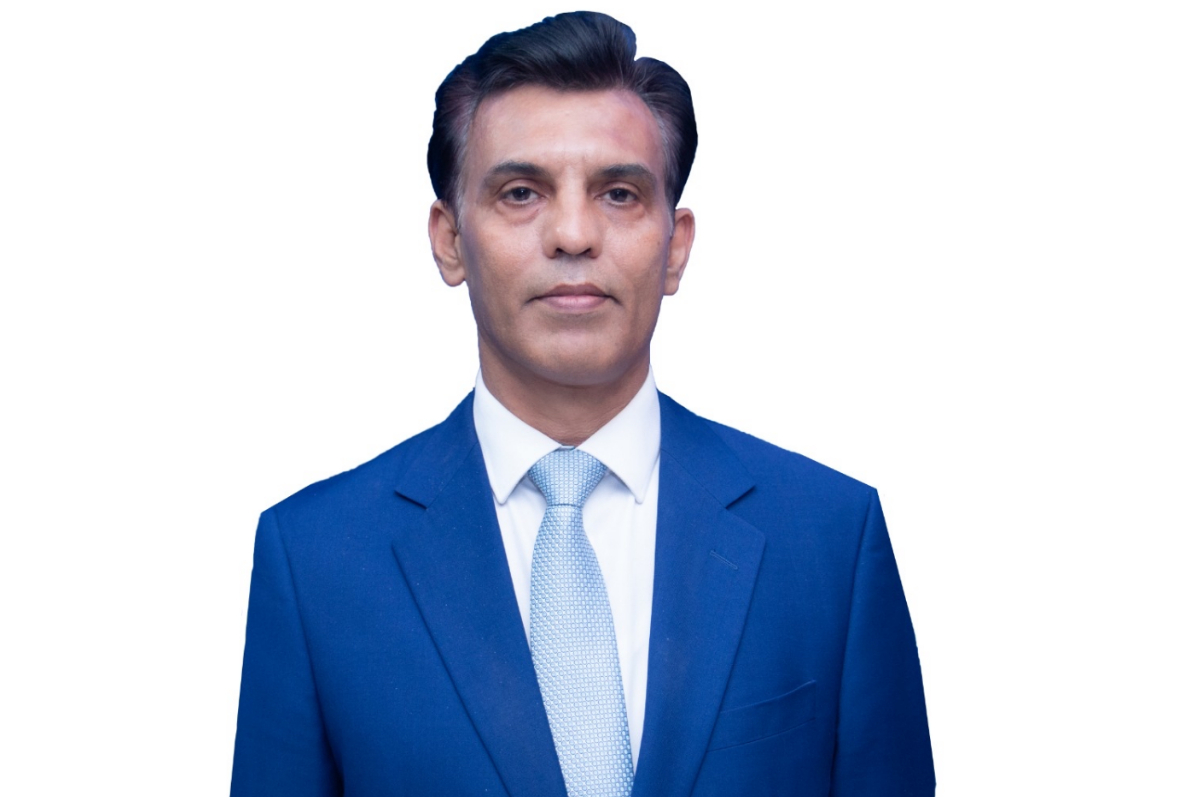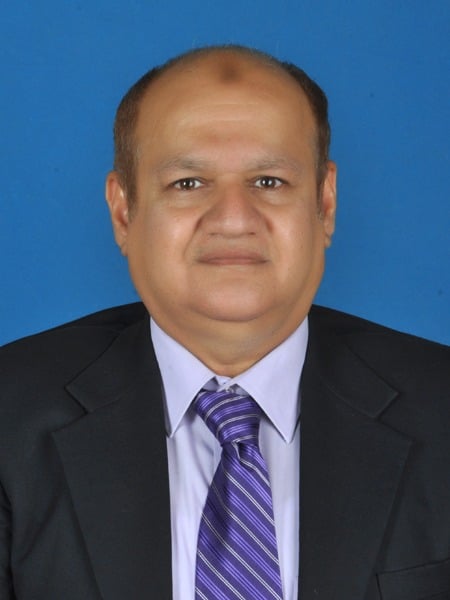
Time to Get Serious
ISLAMABAD: Pakistan’s economy has been confronted with the balance of payments crisis since long due to the trade imbalance and unsustainable increase in the import bill, said Dr Abid Qaiyum Suleri, executive director of Sustainable Development Policy Institute.
Similarly, owing to the huge current account deficit, we approach the International Monetary Fund (IMF) to bail us out from the financial crisis. Most of the countries across the globe tend to have transactional relationship with the IMF, which are limited to one or two tranches.
In the case of Pakistan, the institutional, policy or the structural reforms required for the economy have never been implemented, owing to which most of the successive governments remained unable to meet the performance criteria and failed to complete the IMF programme.
Only the previous Pakistan Muslim League (PML-N) government was able to complete the IMF programme because it got dozens of waivers, mainly due to the cordial relations we have with the Western countries at that point of time, especially the US. But now we are not getting those favours and that is why the existing IMF programme is turning out to be an extremely difficult one.
Dr Suleri served as the member of the prime minister’s Economic Advisory Council (EAC) and the National Economic Advisory Council (NEAC) for three terms during 2013 to 2022. He has also been the member of the National Advisory Council of the Planning Commission from 2013 to 2022.
In an exclusive interview to BOL News, Dr Suleri discusses the ongoing economic and financial challenges confronted by the country and suggested the remedies to overcome it.
What are the structural weaknesses in Pakistan’s economy?
The structural weaknesses are linked with the composition of the economy. As Pakistan’s economy is consumption-led and import-based, it witnessed the balance of payments crisis because of trade imbalance and unsustainable increase in the import bill.
What is your take on the donors’ pledges and do you think it will provide a breather to the government?
It is not a breather because this amount is not meant for the budgetary support. The pledges in Geneva like previous financial commitments of 2005 earthquake or 2010 floods, are project specific. So, the funding will also depend on the pace of the project. There are certain conditions attached and at times most of the pledges do not even materialise at all.
Similarly, if we look at the Geneva pledges, it is repackaging of the previous commitments made by the multilateral and bilateral agencies. For example, the World Bank had already announced $1.3 billion financing and now in Geneva they enhanced it by another $700 million to make it $2 billion.
The Islamic Development Bank (IsDB), Asian Development Bank (ADB), Asian Infrastructure Investment Bank (AIIB) and other bilateral donors such as the US, EU, China or Saudi Arabia have just reaffirmed their pledges in totality.
Why Finance Minister Ishaq Dar is quoting pledges to finance current account deficit and external debt repayments?
Well, only the finance minister can give explanation on this issue. Maybe he has negotiated with the multilateral and bilateral agencies, in this regard, which we are not privy of. But in my opinion, only autocratic regimes like Saudi Arabia or China can provide the kind of budgetary support we are looking for.
They can only issue a blank cheque, which we can directly deposit in our central bank account. Contrary to it, the Western democracies and multilateral agencies have their own mechanism. They will never bypass their system at any cost, so any cushion for the budgetary support from their side is out of question.
What is your opinion about the harsh IMF conditions for a political government in an election year?
First of all, we have to look for what we committed with the IMF. The IMF do not ask specific amount, it wants Pakistan to reduce its losses in the power and gas sectors. It also wants the Pakistan government to recover its losses, electricity sale not below its cost of production and provide relief or subsidy only to the lifeline consumers.
On the exchange rate, the IMF wants that the interbank rate of dollar should be realistic and market-driven and reflect in the open market, as well.
So, the remittances and some export proceeds should not be diverted to the grey market through informal channels of hawala and hundi, which is happening right now. The market-determined exchange rate is in our own benefit and will definitely slowdown the declining trend in the foreign exchange reserves, but for this, the exchange rate of the dollar will go further down temporarily.
The IMF also wants to increase revenues by enhancing the petroleum development levy (PDL), especially on diesel.
Now, if we say no to the IMF, then we have no other option, as our forex reserves have reached an alarmingly low level of around $4 billion, which also comes from a borrowed money from friendly countries. With so little reserves, it is impossible for us to finance the trade deficit and repay our external debt obligations. So, the last resort for us is the IMF and that is why we have met all its conditions whether we like it or not.
The third part of your question that whether it is possible for a political government to take such unpopular decisions at a time when the elections of two provincial assemblies and 35 vacant seats of the National Assembly will be held, will definitely have a political fallout for the incumbent government. But if it do not meet the IMF conditions, then it has to arrange financing from some other sources whether it is China or Saudi Arabia. If the government remained unsuccessful in finding both these options as workable solution, then for face-saving, it should go for early general elections.
How Pakistan can deal with the natural calamities such as floods and the threat of food security?
To deal with the natural calamities such as floods or earthquakes you need to implement right kind of policies. In the last 20 years, we held four international donors’ conferences to overcome the losses caused by the natural calamities. But now it seems the donors’ are reluctant to provide funds to Pakistan. Representatives from around 70 countries had participated in the donors’ conference held after the 2005 earthquake, while in the Geneva conference, the representatives from only 40 countries took part. It seems that the world is not taking us seriously anymore and see us as habitual borrower or a help seeker.
Catch all the Economic Pulse News, Breaking News Event and Latest News Updates on The BOL News
Download The BOL News App to get the Daily News Update & Live News.








 Read the complete story text.
Read the complete story text. Listen to audio of the story.
Listen to audio of the story.